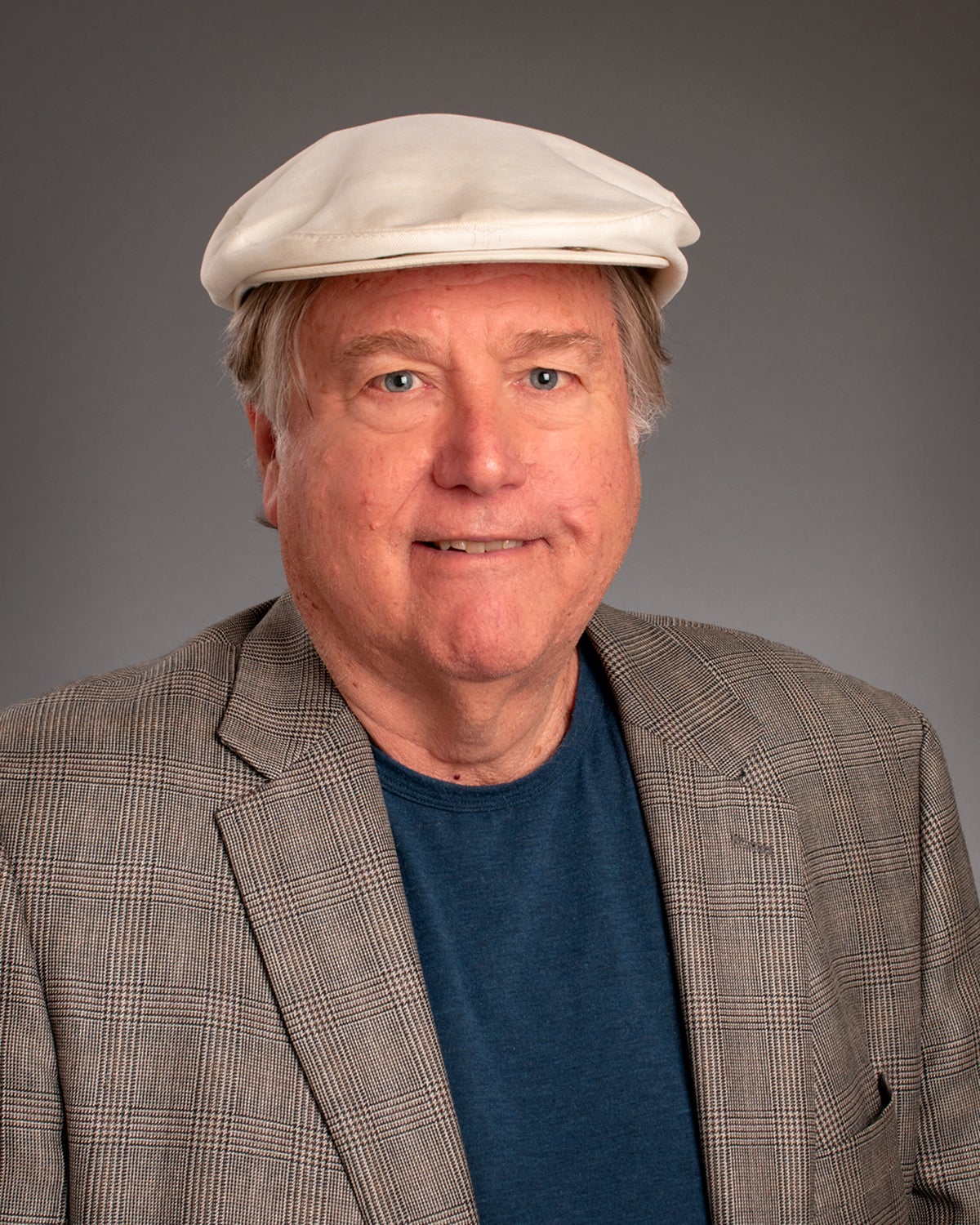
Boise State sociology professor Michael Blain passed away July 21 at the age of 77.
He joined Boise State in 1981 and served four terms as chair of the sociology department during his tenure. Colleagues remember him as a popular teacher with a long, positive legacy in transforming people’s lives.
“When I started at Boise State, I kept running into people around town who, unsolicited, told me how much his classes made them see the world in a totally new way,” said Arthur Scarritt, chair of the sociology department. “His students carry on his legacy across the world.”
In honor of Blain, Boise State University Advancement has created a memorial page to collect donations in his memory, all of which will go to fund sociology programming and students.
Blain had a deep passion for sociology and the big questions and issues, and an incredible grasp of the breadth of the field. He earned his doctorate at the University of Colorado, with research focusing on how revolutionaries employ language to legitimate acts of revolutionary violence.
“His research speaks to important issues in the social psychological manipulation of political issues, something we need even more today,” Scarritt said. “His voice will live on through his work.”
“The loss is personal and professional,” said Ed McLuskie, Professor Emeritus of communication at Boise State. “Few analyzed and publicly spoke about the rhetoric of power and domination in the context of what Michael saw as America’s endless wars against our society’s and others’ cultures. Michael’s meticulous, always-updated databases revealed networks of commercial-corporate interlocks that became data-driven baselines for critical analyses of society’s institutions – universities, law enforcement, anywhere where governments local, national and international deployed what he called ‘vilifying discourses.’
“He always helped students discover regimes of power, not only among sociology majors, but among students throughout the campus. Being able to team-teach with Michael, to work with him on graduate student committees, was to work with a genuinely authentic professor and always-engaging human being,” McLuskie continued. “We have lost an important beacon.”
His research extended into policy research in Idaho. As a member of the steering committee of the Snake River Alliance (1980-89), Blain produced two influential reports on cancer in populations adjacent to the Idaho National Engineering Laboratory and Hanford Nuclear Reservation. He also coauthored a series on Idaho’s power structure in The Idaho Statesman.
Blain will also be remembered by his fast and lasting friendships with students, staff and faculty across departments.
“We would talk during the summers for hours about sociology and his travels and research and how it is a science that speaks the truth about our world condition and what we can do to improve it,” said Paty Dudziak Kerr, an administrative assistant for the department. ” As the elder of our department, he was filled with wisdom and knowledge. He was generous. I have had students return to the department after graduation to thank him for preparing them for the world. I will miss him so much. He was one of the good guys.”
“One thing I remember best about him were how engaging his classes could be and you could tell he loved doing it,” said Brian Wolf, a professor and chair of the Department of Sociology, Anthropology and Criminology at the University of Idaho. “He would rarely finish on time. After class ended, he would often have a small entourage of students follow him outside across the quad as he continued his lecture or though. He was widely adored by students.”
“I owe him a great deal both professionally and intellectually. Twenty-five years later, I still find myself referencing materials he shared with me,” Wolf added.
“I am who I am and do what I do thanks to Dr. Blain,” said Carissa Wolf, a lecturer in Boise State’s sociology department and co-creator of the Idaho Media Initiative. “He was a giant in my life and a constant presence in my life from the time I stepped into his SOC 101 class 21 years ago. I now teach that class and I see so much of him in the way that I teach. I became a better journalist because of him and I am an educator because of him. He was always encouraging me, always pushing me to be better and achieve my full potential. He was always making me think and laugh with his unique style of humor. No words can do him justice. But he will always be with me and I will forever miss him.”
The sociology department has created an online forum through which to share memories of Blain.